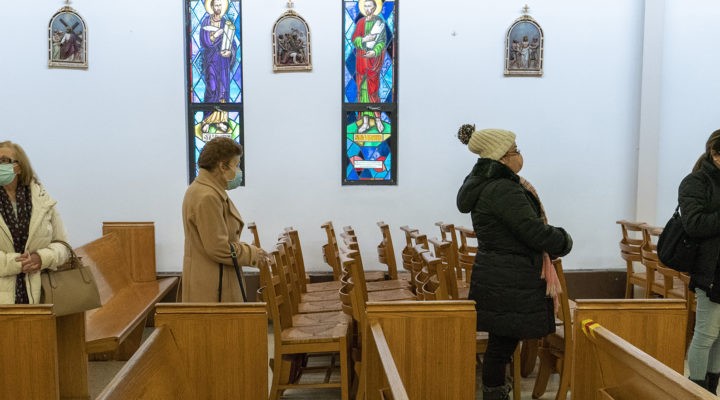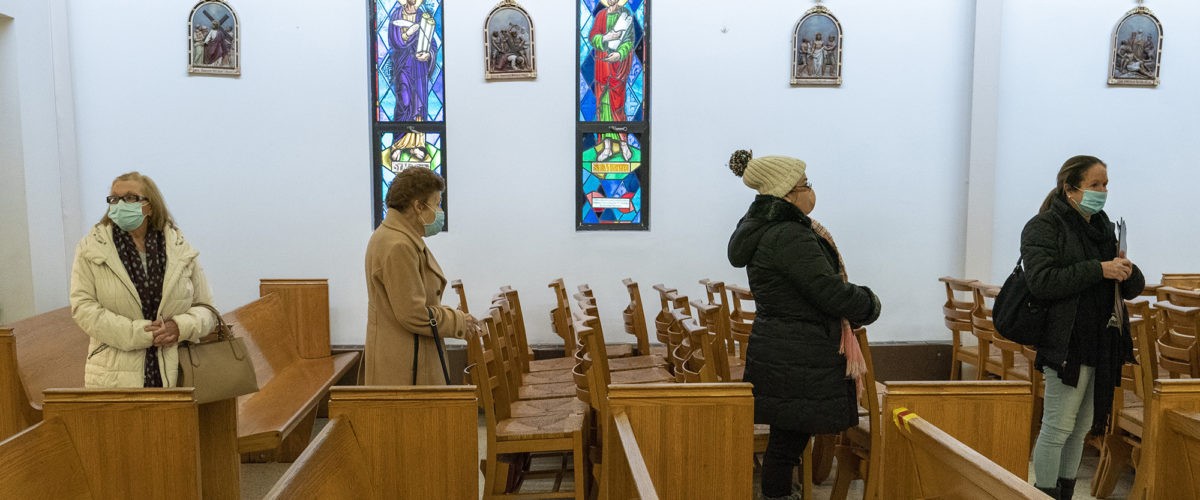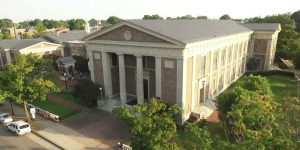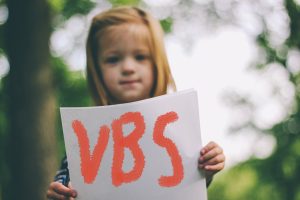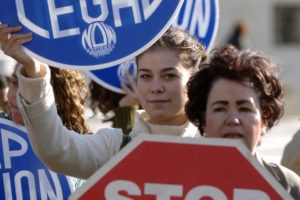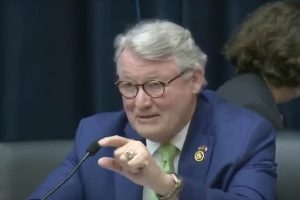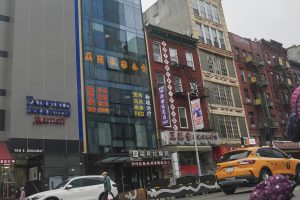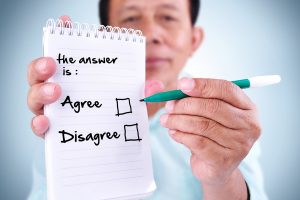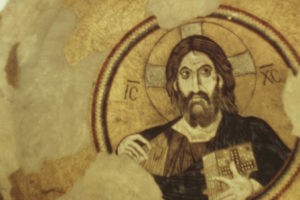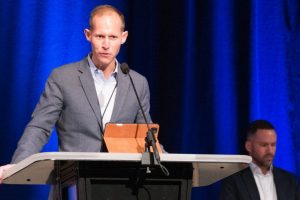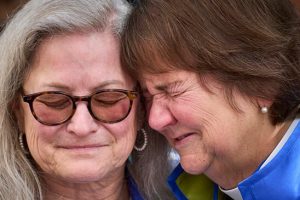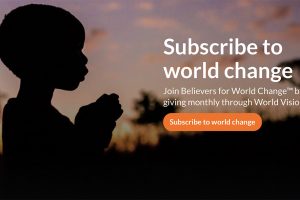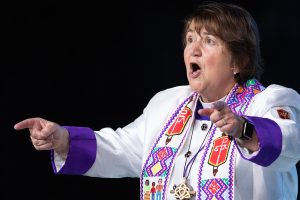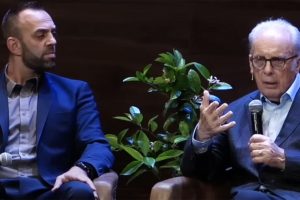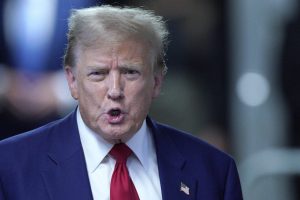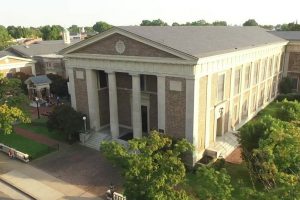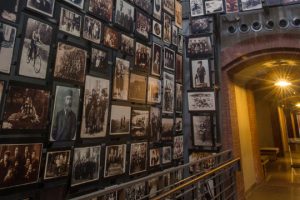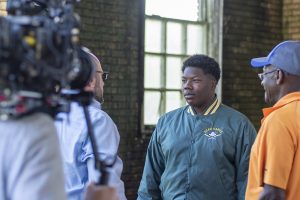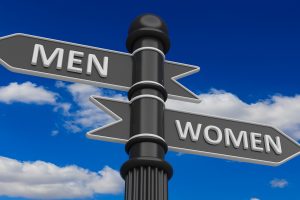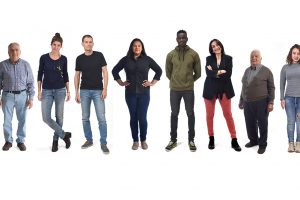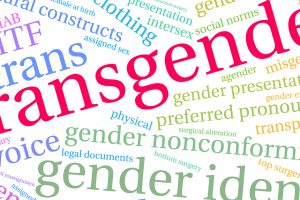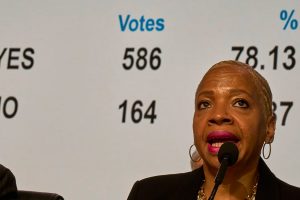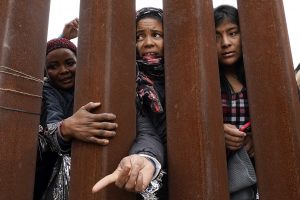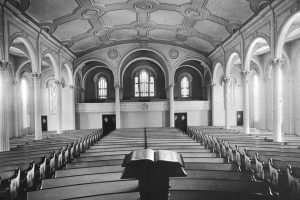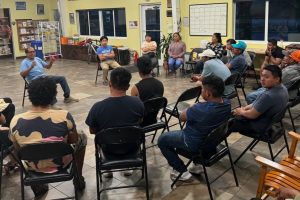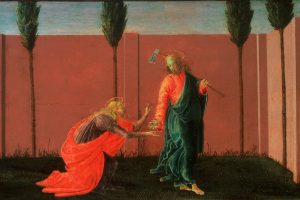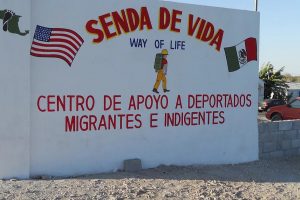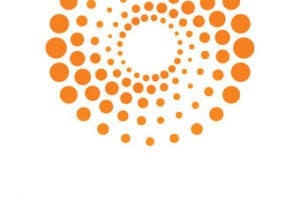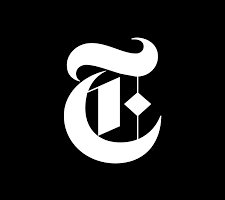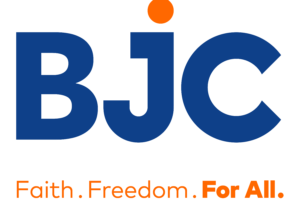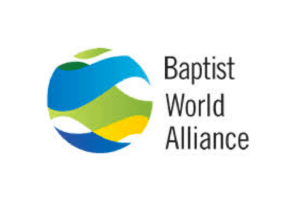While much has been written during the COVID-19 pandemic about the “when and how” of churches opening their doors for worship, a new thread in the story is beginning to take shape: churches hosting vaccination clinics.
Depending on the state and even down to the specific county, residents may be able to get the COVID vaccine at their church or a church in their community. While there is not a comprehensive list of states that are allowing or even asking houses of worship to help distribute the much-sought-after vaccines, local news reports show efforts to recruit churches as vaccination sites in states such as New York, Florida, North Carolina, South Carolina, Alabama, Georgia and Tennessee.

Residents are led to nurses waiting at desks to administer COVID-19 vaccinations while others wait for 15 minutes before leaving the new distribution hub Jan. 21, at North Side Baptist Church in Weatherford, Texas. (Yffy Yossifor/Star-Telegram via AP)
What’s more, the strategy in some cases is to use churches to get vaccines out into rural areas, to populations that don’t have transportation to urban vaccination hubs, and to ethnic populations that have a historic fear or distrust of vaccinations.
Florida leads the way
In early January, Florida Gov. Ron DeSantis announced an initiative for counties to partner with local churches to get the vaccine into underserved communities. Seven sites were chosen to administer up to 500 doses per day to people over age 65 on an appointment basis. At one of those locations — St. John Progressive Missionary Baptist Church in Tampa — 590 people received their first dose of the Pfizer vaccine on Jan. 10 and were to return for a second dose on Jan. 31. The church-based clinic was administered by the Florida Department of Health-Hillsborough County.
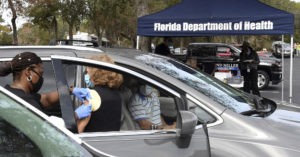
A health care worker administers a second dose of the Moderna COVID-19 vaccine to a woman at a drive-thru vaccination site operated by the Florida Department of Health at St. Patrick’s Catholic Church Jan. 26in Mount Dora, Fla. More than one million seniors 65 and older have been vaccinated in the state. (Photo by Paul Hennessy/NurPhoto via AP)
Up and around the coast in Pensacola, 1,000 people received the Moderna vaccine at Olive Baptist Church on Jan. 6. The vaccines were administered at the church by Ascension Sacred Heart Health Care System.
New York announced on Jan. 23 the selection of eight churches statewide to host vaccination hubs with as many as 300 such sites planned. Among them were St. Luke’s Episcopal Church in the Bronx and Bethany Baptist Church in Brooklyn.
In North Charleston, S.C., the Fetter Health Care Network is hosting Phase 1 distribution of vaccines at Mount Moriah Missionary Baptist Church.
Novant Health is including faith-based organizations in its effort to provide vaccine access to Black and Latino populations in North Carolina. “Pop-up” vaccination events will rotate between churches, schools and local Novant clinics in Winston-Salem and Charlotte. Two of those partnerships are with Union Baptist Church in Winston-Salem and Friendship Missionary Baptist Church in Charlotte.
First Baptist Augusta gears up to help
In Georgia, First Baptist Church of Augusta partnered with University Hospital to provide 5,300 first-dose vaccinations over three days in late January. The recipients signed up for the appointments through their physicians, and the hospital administered the vaccines in the church’s Fellowship Hall. While at the church, patients were given appointments to return to the church for their second doses on Feb. 18, 19 and 25.
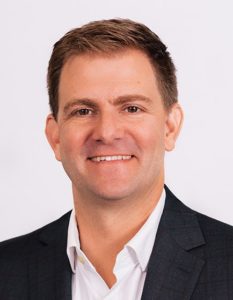
Will Dyer
Will Dyer, senior pastor, said it was an easy decision when the board president of University Hospital asked if the church would be willing to host the clinics.
“If the role of the church is to be the salt and light of the world, then you seek to do good in any instance in which you can, and so for us this really was a no-brainer,” he said. “We’re a 203-year-old church in the middle of the city of Augusta, and we’re perfectly positioned to host something like this. We have continually tried to reach beyond ourselves and help other people, and this was literally a situation where we could help save lives.”
Dyer said it also presented an opportunity to model a better way of conducting and being the church.
While First Baptist has resumed in-person activities with appropriate restrictions and social distancing, “we live in a city where there are quite a few churches that are acting as though COVID is not a real thing with masks not being worn, social distancing not being observed, and I have had multiple people tell me they have walked away from churches because of that sort of attitude,” he said. “For me and I think for us as a church, we felt it really important to say, ‘That’s not the only way to follow Jesus. In fact, there’s a more fruitful, faithful way: to trust our medical professionals, to partner with them to help make the city a safer and better place for everybody.’”
Dyer said this also was an opportunity to show the church in a better light than churches in general have been seen recently, often as a result of their own missteps.
“To paint some sort of picture that is positive and affirming of what Jesus actually teaches is to me pretty important for us to do,” he said.
The clinics at First Baptist were held in the church’s Fellowship Hall with church staff and volunteers helping direct traffic, serving as greeters and cleaning up while the hospital took care of all the medical aspects.
Regarding logistics, the clinics at First Baptist were held in the church’s Fellowship Hall with church staff and volunteers helping direct traffic, serving as greeters and cleaning up while the hospital took care of all the medical aspects.
“This went from not even a concept to being a reality in less than a week, so the manpower it took both from our side and from University Hospital was really significant,” Dyer said. “And the cool thing was we were inundated with phone calls from retired nurses, current nurses and people that just said, ‘Hey, I’m willing to help in any way I can. I’ll come administer vaccines. Just let me know what I can do.’ So it was a true community effort, which was so cool to see.”
A welcome return to community missions
Kelly Rose, church administrator, said the clinic was a good return to missions activities for the church.
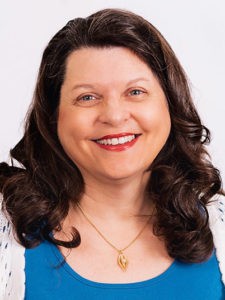
Kelly Rose
“For me, as a church where we have been used to being a hub for community events, 2020 was tough with everything shut down,” she said. “We did meals for health care workers and we continue to provide some benevolence through the United Way, but we no longer were hosting luncheons and nonprofit groups. So hosting the clinics was just a great way to do something tangible and to help save lives.”
First Baptist will host the second-dose clinics for all those patients who came for the first round, but the church has let the hospital know they are ready for more first-round clinics as well. Meanwhile, Dyer said he would encourage other churches to do the same if asked.
“Find a way to do it,” he said. “We didn’t know what they were going to ask of us, we didn’t know what sort of volunteer load they were going to require, but we knew we would find a way to make it happen because it’s the right thing to do.”
In Tennessee, a big parking lot is a plus
Just east of Memphis, Tenn., Germantown Baptist Church is hosting drive-through vaccination clinics in the church parking lot in a partnership with the Shelby County Health Department, the city of Germantown and the town of Collierville. The clinics began this week and may continue through June and beyond if needed, said John Longworth, recreation and senior adults pastor at the church.
“We were approached by the city administrator for the city of Germantown,” he said. “They have the personnel locally to be able to administrate the vaccine and put everything together, and they were looking at potential sites and I think quickly recognized that probably one of if not the best place to do it in the city of Germantown would be our church because we do have a large parking lot.”
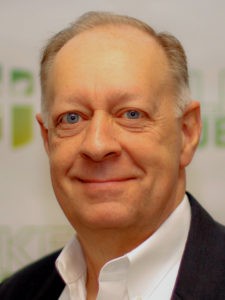
John Longworth
Longworth said the plan was discussed by church leadership and then lay leaders and committees and there was a unanimous feeling that this was something the church should do.
“This is just a small way that our church is able to communicate that we love and care about our neighbors and the communities we serve,” he said. “A lot has been said over the past several months about living in unprecedented times and the challenges we’ve faced as a result of a global pandemic, and so much of Jesus’ ministry was ministering to the masses through teaching and healing, and so it’s just an opportunity for us to play a small role in ministering to our community and the mid-South by offering our parking lot for COVID vaccinations.”
With the clinics just starting this week, the level of church volunteers needed to work alongside medical, paramedic and other professionals has yet to be fully decided.
“After this first week, we’ll have a better handle on what the needs are and they’ll be reaching out to us for potential volunteers to serve in a variety of roles,” Longworth said, “but right now we don’t know what that looks like — how many they’ll need or what they’ll be doing specifically.”
Jeff Hampton is a freelance writer based in Dallas.
Related articles:
Virginia vaccine coordinator appeals to churches to minimize skepticism of COVID vaccine
The church has a role to play in implementing COVID vaccine
Why herd immunity is worse than other potential ethical concerns about a COVID-19 vaccine
What about the science, faith and ethics of a coming coronavirus vaccine?
Your friendly neighbor epidemiologist has an important message for you

